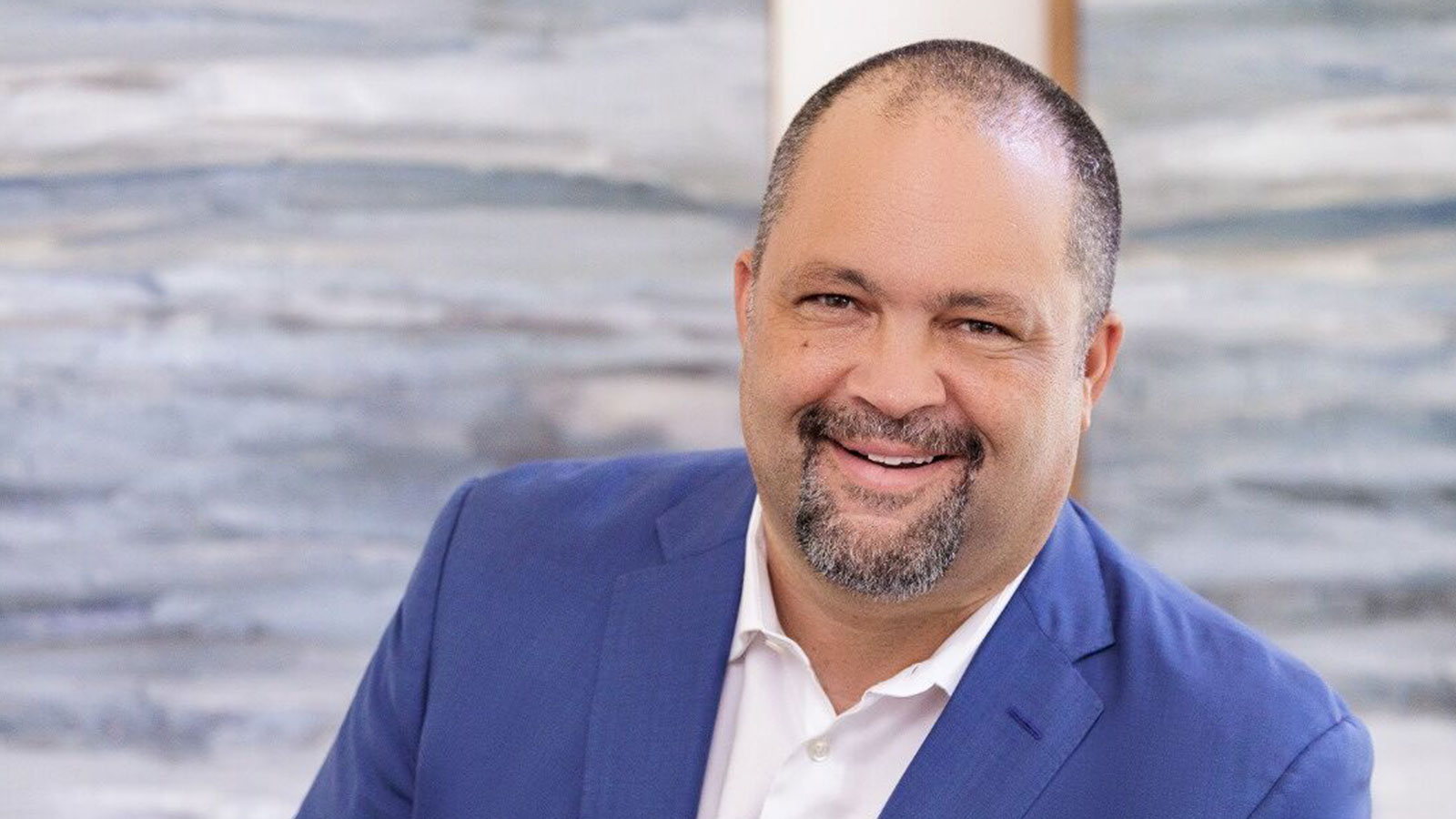Thirty years ago, my university suspended me for leading a protest against a research lab that the school wanted to put in the Audubon Ballroom where Malcolm X was assassinated. The plans ignored both that history and the neighbors in Harlem who would be exposed to risks from biomedical and environmental waste.
I spent months crisscrossing the country speaking out against the North American Free Trade Agreement (NAFTA) for the Student Environmental Action Coalition. Our message was simple – killing jobs and the environment were far too high a price to pay to boost regional trade. They called us Chicken Little for saying that the deal would make the US weaker and would poison the Earth quicker.
Since January, I’ve been to many of the same places – Alabama, Illinois, New York, Washington, and Wisconsin among them. In all those states, I’ve felt the pain of being proven right. Everything we warned in 1993 would happen has. And worse.
Tens of thousands of plants here were shuttered while plants spring up overseas. Too often, those new plants opened where there was the least environmental regulation and outside North America. We saw the impact of this loss of manufacturing capacity two years ago when we couldn’t produce ventilators and protective equipment at the start of COVID-19.
NAFTA created legal backdoors that allowed polluters to challenge environmental policies outside of our courts. It tied Canada’s hands in regulating fossil fuel. In Mexico, it prompted export-driven farming that relies heavily on dangerous pesticides, and destructive mining as well. The incentives pointed in the wrong direction.
Despite those troubling results, I’ve left every place I’ve been this year hopeful. I’m seeing that we have an antidote now to NAFTA’s poison.
First, science and technology now can free us from an extraction economy that pretends to give us energy independence and low costs. In reality, electric vehicles need a quarter of the power or less (and their sticker price is dropping with demand) than gas-powered equivalents. All but one coal fired power plant in the country is more expensive per kilowatt hour of electricity produced than solar and wind power. And we won’t run out of sun and wind.
Second, the United States investing in a cleaner, healthier planet through historic federal spending on everything from homeowners buying solar panels to school districts replacing dirty diesel buses with electric ones to property owners electrifying buildings. Behind it all is funding and incentives to promote more clean technology. The result will be good jobs that don’t take a college degree in industries that don’t destroy the planet.
The private sector is moving more slowly but is moving. Major banks no longer fund drilling the Arctic National Wildlife Refuge. Small groups of their shareholders are pushing for broader bans. The price for offshore leases to produce wind power have exceeded gas and oil leases in recent government sales.
Third, everywhere I go I’ve heard fear in the people I’ve met about the future of the Earth and frustration with an economy that seems to result in persistent downward mobility and poverty. At the same time, I’ve heard profound hope that it’s not too late, that we can still preserve the planet and create good jobs for more Americans. I’ve heard a recognition that all of it is connected.
We need to make sure that the billions we’re investing as a country through the infrastructure and clean energy packages gets spent well; those decisions will get made locally and we need to be watchful locally as well.
The desire so many of us share to turn toward a cleaner and healthier world creates demand. If we’re loud enough and persistent enough, the markets will begin to shift. NAFTA, after all, was an economic agreement, so changing directions needs to happen in those kinds of economic terms as well.
I suspect my 20-year-old self would see this unprecedented opportunity in this intersection of innovation, investment, and interest. I’d be encouraging people to seize it because we won’t have it again. That’s what I see clearly through 50-year-old eyes.
Ben Jealous is executive director of the Sierra Club, the nation’s largest and most influential grassroots environmental organization. He is a professor of practice at the University of Pennsylvania and author of “Never Forget Our People Were Always Free,” published in January.















